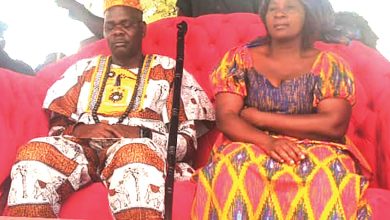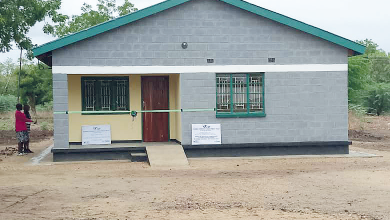Tangible action on ‘4 Fs’ can revive economy
For sure I am not being a psychological illusionist to access someone’s thoughts, but one thing I am certain is that upon taking his oath as the country’s seventh Head of State on October 4 2025, President Peter Mutharika had mixed emotions.
Naturally, he was excited to have reclaimed the office Malawians evicted him from through a court-sanctioned fresh presidential election on June 23 2020, a process he has previously described as “a traverse of justice and that to me it was a judicial coup de tat”.
On the other hand, reality must have subdued his celebration on winning the presidential race in the September 16 2025 General Election upon realising that he was taking charge of an economy in the intensive care unit, surviving on life-support machine, “ili pa oxygen”.
That Malawi’s economy is in dire straits is not in dispute as even the Institute of Public Opinion and Research (Ipor) survey conducted between July 6 and 20 this year established that 90 percent thought the economy is in “very bad state” with 80 percent of the respondents stating that things worsened over the past year.
Ever since the dawn of plural politics through the June 14 1993 National Referendum that paved the way for the f irst post-independence multiparty administration led by President Bakili Muluzi of United Democratic Front which won the 1994 General Election, every successive regime has accused its predecessor of messing up the economy. The mantra has been “we inherited empty coffers”. Mutharika’s successor-turned-predecessor President Lazarus Chakwera begged for patience, saying his administration was healing wounds created by past administrations.
I must say that it is not strange for politicians to engage in blame-game, but then numbers do not lie although liars use numbers. Mutharika has inherited an economy choked by a public debt stock of K16.19 trillion or equivalent to 86.4 percent of the gross domestic product (GDP), with external debt stock recorded at $4.27 billion (about K7.4 trillion) and domestic debt at $5 billion (about K8.79 trillion) based on Ministry of Finance, Economic Planning and Development data. Inflation rate stood at 28.7 percent in September 2025 while policy rate is at 26 percent.
Five years ago, headline inflation rate was at 8.5 percent and the policy rate or the benchmark interest rate was 13.5 percent. In June 2020, the kwacha traded at K750 per dollar compared to K1 751 today following two currency devaluations in May 2022 and November 2023 purportedly meant to align the currency with the parallel market rate now at K4 500 to the dollar.
Resuscitating economies in coma demands grit and a ‘war Cabinet’ comprising people of great depth and proven experience, especially in the key ministries. From APM’s appointments so far, the choices ain’t disappointing, I must say.
It is encouraging that the President himself has acknowledged that the situation has reached a critical stage demanding both urgent and long-term interventions, especially in tackling “the four Fs” covering food, fertiliser, foreign exchange and fuel.
The “four Fs” are the root of all problems facing Malawians as the forex scarcity, for instance, has driven up commodity prices as every importer claims to be sourcing the dollar on the black market.
Fiscal discipline, fighting corruption and coordination as well as clarity in terms of policy mix are the other factors requiring urgent attention to turn around the fortunes.
It is heartbreaking to note that in recent years Malawi has become a “black market” economy where everything is dictated by the parallel market ‘Monetary Policy Committee’ to the detriment of the economy.
Malawi needs trade more than aid. To achieve this, there is need for a conducive business environment to also attract new meaningful foreign direct investment, not mere traders.
Growing the exports is critical to achievement of targets in Malawi 2063 (MW2063), the country’s long-term development strategy that envisages diversification of export products within the agricultural sector and towards other sectors, including mining and tourism as having potential to make a difference.
Efficiency in the procurement of commodities such as fuel and fertiliser is also key to ensur ing sustainability in availability and pricing. Many times there are too many overheads resulting from corruption and involvement of the intermediaries (middlemen or dobadobas) that push up prices.
Petroleum Importers Limited (PIL), a consortium of private oil marketing companies , efficiently manages to import a good share of the country’s fuel with a staff compliment of under 20 compared to scores at the State-owned National Oil Company of Malawi. PIL can offer some lessons.
The Malawi economy, as a ‘patient’, has failed to respond to the prescriptions mainly due to lack of fiscal discipline and weak oversight that have retarded the attainment of stability and growth.





